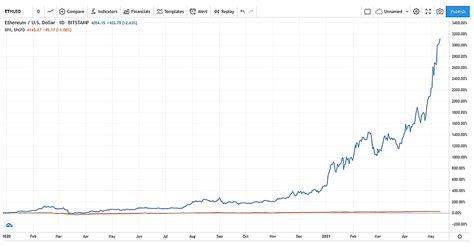Understand the private key and extended public key account
As an ethereum user, you should understand the concepts of an extended private key and extended public key key. These keys play a key role in securing private and public keys in the Ethereum network. In this article, we will immerse ourselves in the keys, how they work and give examples of what you can do with it.
What is the expanded private key to your account?
The extended private key (APEP) is a digital signature that associates a private key to the user on his own account in the Ethereum network. It was introduced in May 2019 to improve DAPP safety based on Ethereum and decentralized applications (DAPP). When creating a new account or connecting an existing one, the APEP is generated from a private main key.
APEP is a pair of public-private keys in which the private key comes from the main private key. This means that each operation carried out on your account will require both an extended public key to the account (AEP) and an extended private key to the account (APEP). The APEP contains a private key, while AEP contains the public key of the Ethereum address.
What is the extended public key of the account?
The extended public key (AEpp) is a digital signature that represents your account on the Ethereum network. It is created by coding the main public key in Base64 and devoting it to the Ethereum address. AEPP serves as a unique identifier of your account, enabling interaction with the Ethereum network without revealing a private key.
How do APEP and AEpp work together?
When creating an extended private key to the account (APEP), the main public key is coded in Base64 and attached to the ethereum address. This creates a unique digital signature that represents your account on the Ethereum network. To carry out operations on your account, you need both APEP (extended private account account) and AEpp (extended public key key of the account).
What can I do with an extended private key of the account and an extended public key key?
Here are a few scenarios in which the use of an extended private account key and extended public key key is logical:
- Intelligent contract interactions : To call intelligent contracts, you will have to provide both APEP (extended private account account) and AEpp (extended public key). This ensures that an intelligent contract receives both a private key and a public key required for authentication.
- Treatment of the whole and payment : In DAPPS you can use an extended private key on your account to carry out all transactions or create a payment channel with other users.
- transverse communication
: When interacting with other channels (for example, using Web3.Py) you will have to provide both APEP (extended private account) and AEP (extended public key key of the account).
- Security DAPP : To protect your account from access by unauthorized websites, it is necessary to have both APEP (a spacious private key) and AEP (key extended account audience).
Application

Using a private key and extended extended public key account can significantly improve your experience with DAPPS based on Ethereum and decentralized applications. Understanding how these keys work together, you will be better prepared to manage various scenarios that require both the private key and the public key of your account.
Do not forget to maintain Secten your APEP (extended private key account) and AEP (extended public account), because any unauthorized access can threaten your Ethereum account.

بدون نظر